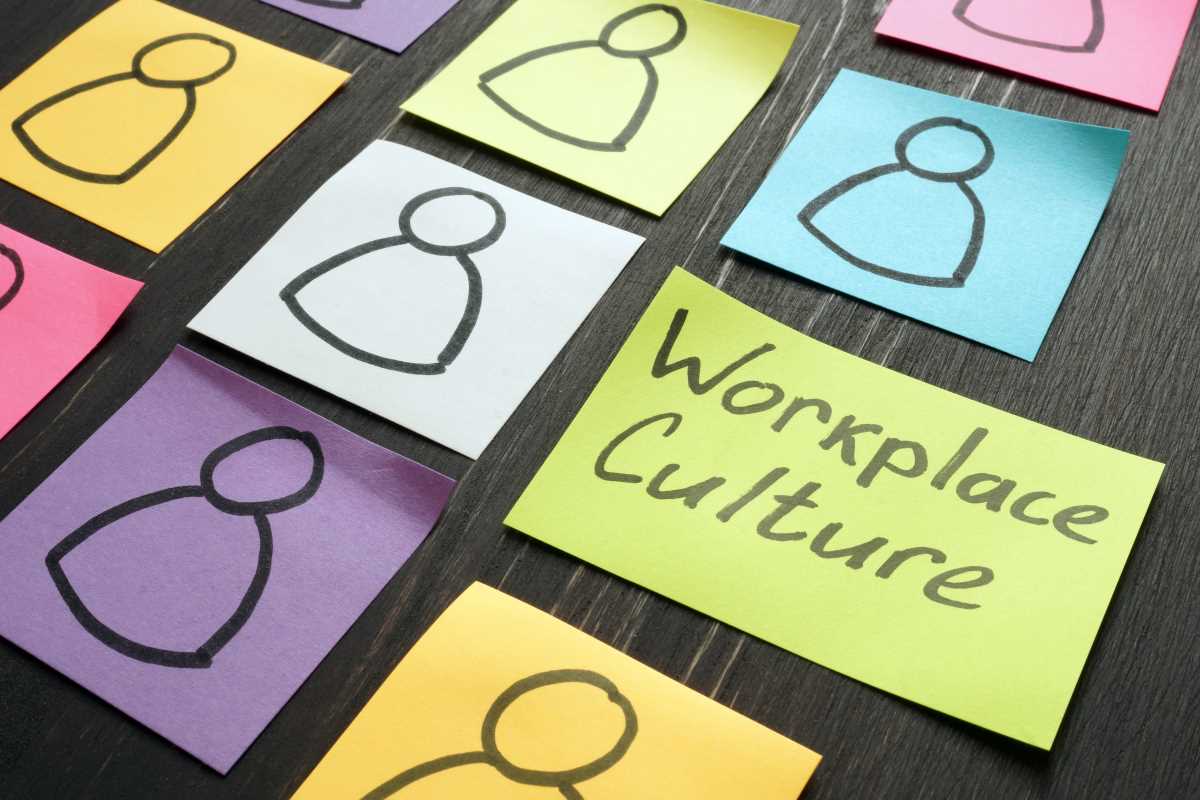Mental health is no longer a hush-hush topic in the workplace. With phrases like “workplace wellness” and “burnout prevention” becoming part of everyday HR conversations, it’s clear that supporting mental health is no longer optional for organizations. But where should the line be drawn? HR teams are there to help, not to play therapist. The tricky part is finding that sweet spot where support is practical, respectful, and within professional limits.
Employees want to feel valued and cared for, but they also value their privacy. The good news? HR can absolutely create a work environment that prioritizes mental well-being without crossing into overly personal territory. Here’s how HR teams can strike that balance.
Build a Mental Health-Friendly Culture
The foundation for supporting employees starts long before an individual raises concerns. A workplace culture that normalizes conversations about mental health is a game-changer. Employees should feel safe discussing how they’re doing without the fear of being judged or penalized.
One way HR can encourage this is by incorporating mental health into broader wellness initiatives. It’s not about singling anyone out but rather creating an inclusive environment where everyone feels supported. For example, promoting mental health awareness campaigns or offering stress-relief resources can send the message that mental wellness is an integral part of overall health.
Language matters too. HR leaders and managers should use non-judgmental, positive language when discussing mental health. When leadership sets this tone, it trickles down and creates a kind of acceptance that makes employees more comfortable seeking help if they need it.
Provide Resources Without Being Intrusive
While HR professionals are naturally the go-to for workplace concerns, they’re not mental health professionals. Offering resources, rather than trying to personally solve every issue, is a great way to help employees while respecting boundaries.
For instance, Employee Assistance Programs (EAPs) are a fantastic tool for this. These programs give employees direct access to mental health professionals, often in a confidential setting. HR’s role isn’t to pry into an employee’s struggles but to ensure they know resources like this exist. A simple email or regular reminders in staff meetings can be enough to keep employees informed while giving them the privacy they need.
HR can also partner with outside organizations that specialize in workplace mental health. Wellness workshops, mindfulness sessions, or even partnerships with mental health apps are tangible yet non-invasive ways to provide support.
Train Managers to Spot Warning Signs
Managers are often the first to notice when something feels “off” with an employee, whether it’s a sudden dip in performance or changes in behavior. But knowing how to handle these situations delicately requires training. HR can play a crucial role in preparing managers to recognize early warning signs of burnout, stress, or emotional struggles.
For example, training sessions on active listening and empathetic communication can help managers approach these conversations with sensitivity. Suppose an employee has become unusually withdrawn or short-tempered during team meetings. Instead of making assumptions, a trained manager might say, “Hey, I’ve noticed you seem a little off lately. Is there anything you’d like to talk about or anything I can help with?” This approach shows concern without crossing personal boundaries.
HR can take this even further by creating guideline documents or quick-reference materials for managers. These could cover steps for addressing concerns, when to involve HR, and how to recommend resources like the company’s EAP without seeming intrusive.
Respect Confidentiality
Nothing erodes employee trust faster than a breach of confidentiality. When an employee does open up about mental health struggles, HR must handle that information with care. The goal is to support the employee without sharing their concerns unnecessarily or turning the workplace into a rumor mill.
HR professionals should make it clear that all conversations about mental health are confidential unless there’s a legitimate need to escalate the issue. For example, in cases where safety is a concern, it may be necessary to share limited details with other leaders, but always with the employee’s awareness and consent whenever possible.
Anonymized feedback can also be a great way to gather insights into workplace stressors without singling anyone out. By collecting data through anonymous surveys, HR can address larger trends impacting mental health while preserving individual privacy.
Champion Work-Life Balance
Sometimes the best way to support mental health is to proactively reduce workplace stress. HR can champion policies and practices that respect work-life balance, which is a pillar of mental well-being.
This could mean offering flexible work arrangements, such as remote work options or flexible hours, to accommodate different personal needs. It could also involve setting clear expectations about email use after hours or limiting meeting-heavy days, giving employees the breathing room they need to recharge.
For instance, a policy encouraging employees to take their full lunch breaks or step away for quick walks during the day might seem small, but these kinds of initiatives can significantly reduce stress. They also send a strong signal that leadership values not just productivity but the people driving it.
Create Opportunities for Feedback
No one knows what employees need better than the employees themselves. HR can foster mental health support by opening lines of communication and actively seeking employee input. Regular check-ins, whether through anonymous surveys or one-on-one meetings, provide valuable insights into how the workplace can evolve to better support mental health.
For example, asking employees about their biggest workplace stressors or the resources they’d find most helpful can guide HR in tailoring initiatives. Over time, acting on this feedback helps reinforce a culture where employees feel seen and valued.
HR doesn’t need to overstep to make a meaningful impact on employee mental health. By fostering trust, offering resources, and maintaining clear boundaries, HR can provide the support employees need without crossing into overly personal territory. It’s all about balancing compassion with practicality, helping everyone thrive in a healthier workplace.







